Chicago Innovation Hub Plans $50M Redevelopment
Build-out in the city's Kinzie Industrial Corridor will start in the next few weeks.
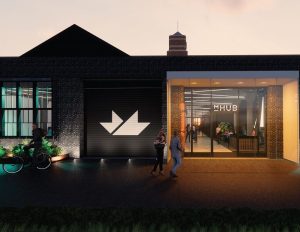
mHub plans to start the build-out of its new Chicago facility soon. Image courtesy of Gensler
mHUB, a Chicago-based manufacturing innovation center, has acquired an historic property that it plans to redevelop into its new facility. The firm is investing $50 million in the acquisition and build-out.
mHUB’s current lease at 965 W. Chicago Ave. will expire at the end of August, Blomquist said. The new facility will expand mHUB’s functional space by 50 percent. Build-out at the new facility will start in the next week or two, Kim Blomquist, director of marketing and communications at mHUB, told Commercial Property Executive.
mHUB’s collaborators for the project include JLL, Gensler and Syska Hennessy Group. The project also landed funding from multiple sources, including more than $17.5 million in TIF funding from the city of Chicago; a $15.5 million tax-exempt bond from the Illinois Finance Authority; $9.4 million in new market tax credits, and more than $9.5 million from other local sources.
Bigger footprint
The two-acre site will be converted into a facility for mHUB’s prototyping and testing facilities, as well as office and convening spaces. Blomquist said that the build-out process includes a full interior renovation of the facility that mHUB will be conducting alongside Executive Construction Inc. When completed, the facility will offer three floors of office space, prototyping and testing labs, event space, and training and collaboration space, Blomquist said.
The facility is designed to help startups and manufacturers with their processes. According to mHUB, the building plan and capital investments incorporated feedback from focus groups that included more than 20 hardtech startups, manufacturers and key industry partners.
mHUB was launched in 2017 as a way to support startups and manufacturers by providing them with resources like prototyping labs, micro-factories, access to a network of industry experts and more. The company works with startups to help accelerate them into a sustainable model, but also has ties with universities in the Midwestern U.S. and contract manufacturers.

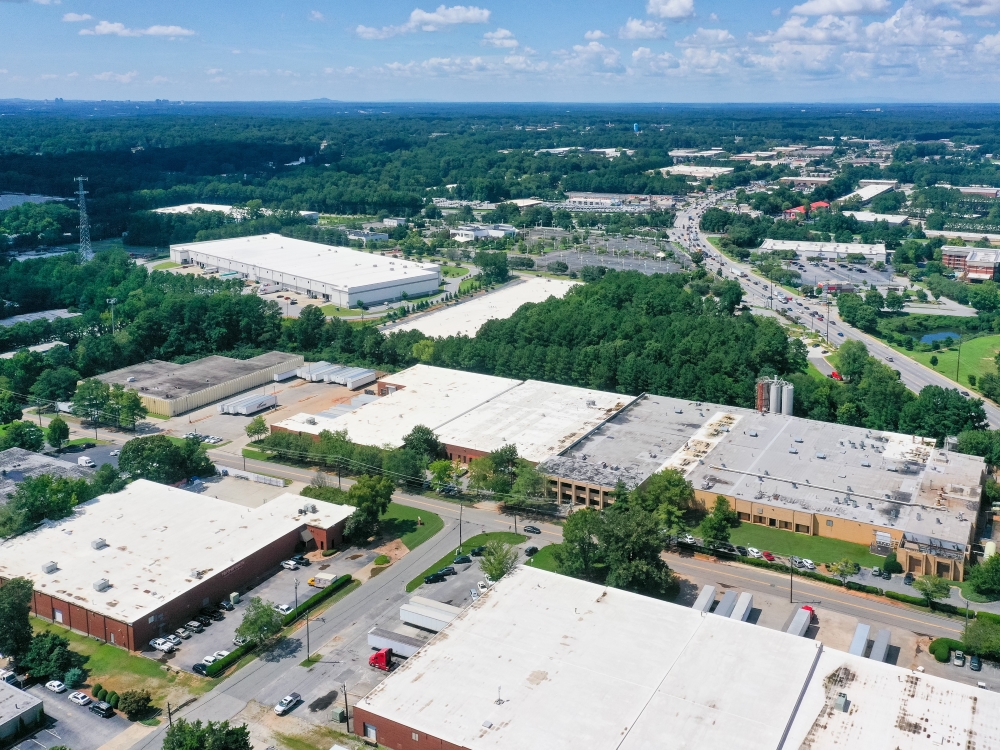
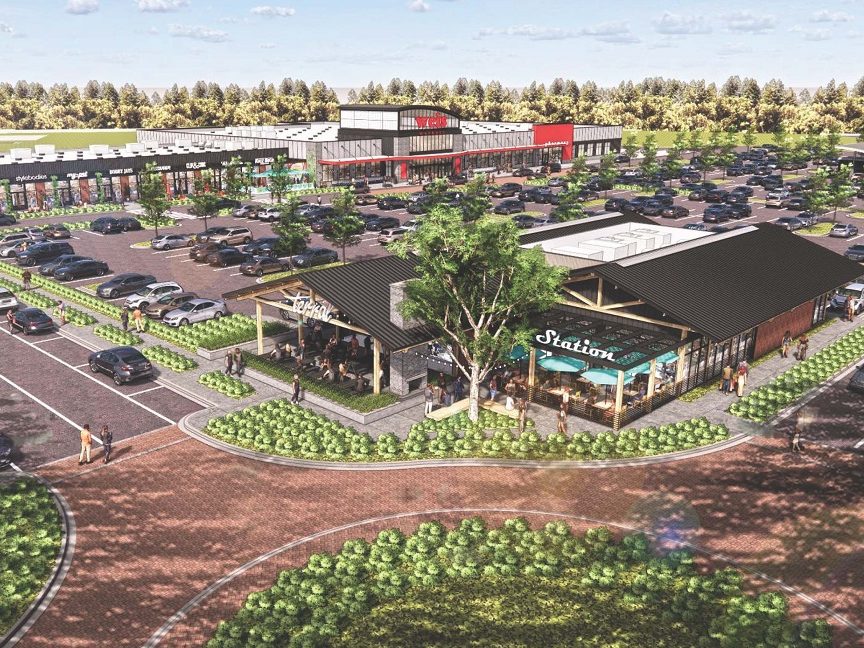
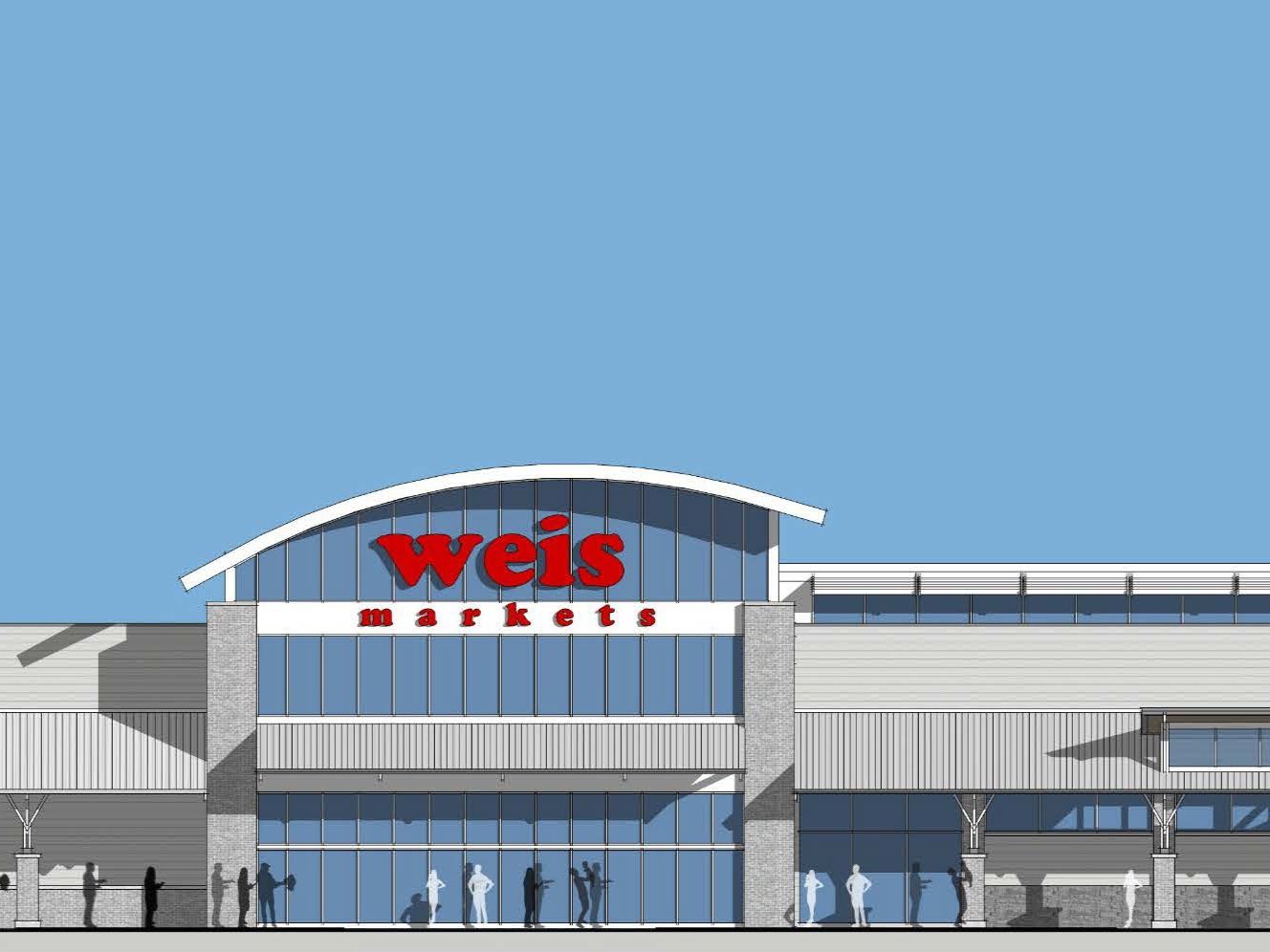

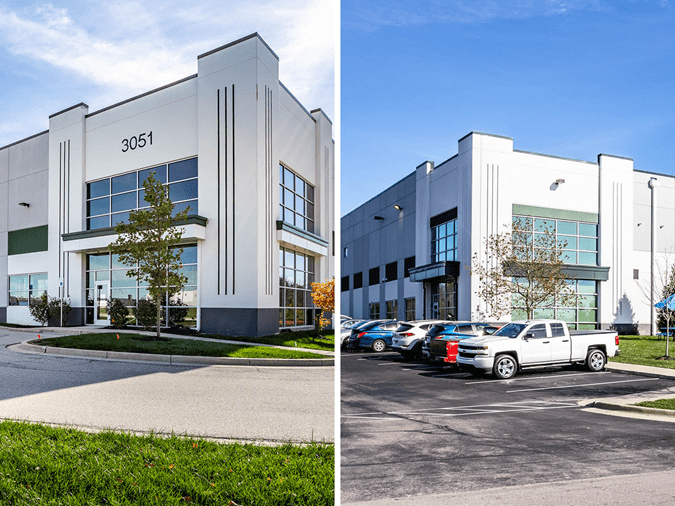

You must be logged in to post a comment.